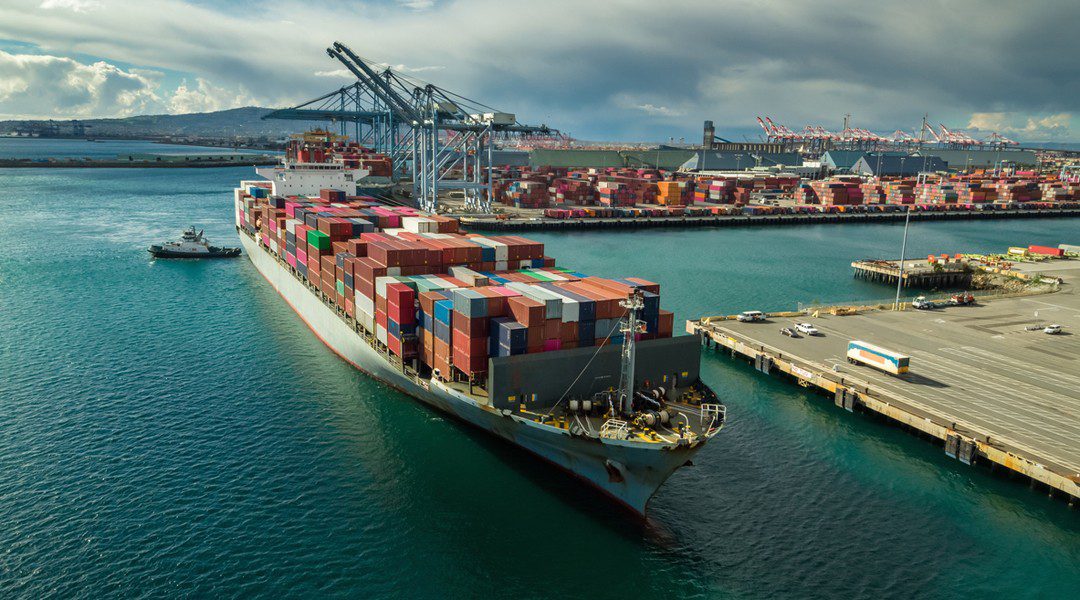Commodities trader Gunvor SA has reportedly requested a Jones Act waiver asking for permission to deliver 13 million gallons of blended gasoline to the U.S. using a foreign-flagged tanker, Reuters reported Thursday citing a document it had reviewed.
“The waiver would allow the vessel to become in compliance with the Jones Act, which requires that blending onboard a vessel in a foreign port does not result in a new and different product, the document said. Gunvor blended gasoline blendstocks onboard the vessel in Europe to create a finished product, instead of in shore tanks,” the Reuters report said.
My interpretation of this is that a portion of the blended cargo originated in the U.S. and the finished product was blended at sea, without ever being discharged in a foreign port.
The Jones Act requires that cargo shipped by water between two points in the United States is transported on vessels that are owned and operated by U.S. citizens, built in U.S. shipyards, and registered under the U.S. flag.
The vessel in question is the Singapore-registered BW Egret, which Reuters reported as “sitting off the U.S. East Coast” and last departed Ijumuiden, Netherlands outside of Amerstdam. The BW Egret is a medium range tanker built in 2014 and a carrying capacity of 49,999 metric tons.
Reuters said the vessel was capable of deliverig the gasoline cargo to the U.S. within 24-48 hours, if the waiver is granted.
Jones Act waiver requests are made to the U.S. Customs and Border Protection and issued by the Secretary of the Department of Homeland Security (DHS). Requests must include justification for why granting the waiver would be necessary in the interest of national defense and confirmation that the requesting party “does not have under charter any coastwise-qualified vessel that is: capable of transporting the type of merchandise at issue, and whether or not it is laden with the type of cargo described in the request,” according to the CBP’s website.
Limited waivers of Jones Act requirements are sometimes issued in times of crisis—like after major hurricanes or during the Colonial Pipeline cyberattack and shutdown in 2021—typically only when there is no Jones Act fleet capacity available
It’s wasn’t clear if Gunvor’s waiver request would be granted, the Reuters report said.
The alleged request is believed to be the first publicly reported Jones Act waiver request since the price of gasoline has surged to historically high levels since late February, prompting a growing number of calls for waiving the Jones Act to help reduce prices at the pump. President Biden in recent weeks has publicly critized oil and gas companies for high gasoline prices and urged steps to reduce prices for Americans who are facing the worst inflation in 40 years.
The American Maritime Partnership (AMP), which advocates on behalf of the U.S. domestic maritime industry and Jones Act interests, has maintained that waiving the Jones Act won’t help lower prices at the pump by any meaningful amount.
“This unjustified Jones Act waiver request by Gunvor would pad the profits of foreign oil traders without delivering meaningful savings at the gas pump for American families,” said Ku’uhaku Park, President of the AMP in response to Gunvor’s waiver request. “It’s a simple fact that the cost of gasoline is primarily driven by the price of crude oil and the processing of gas, which is spiking. The Jones Act is not a cost driver for increased gas prices, representing less than one cent per gallon of the overall cost of gasoline on average. Waiving the Jones Act outsources U.S. jobs and undermines America’s long-term economic security.”






